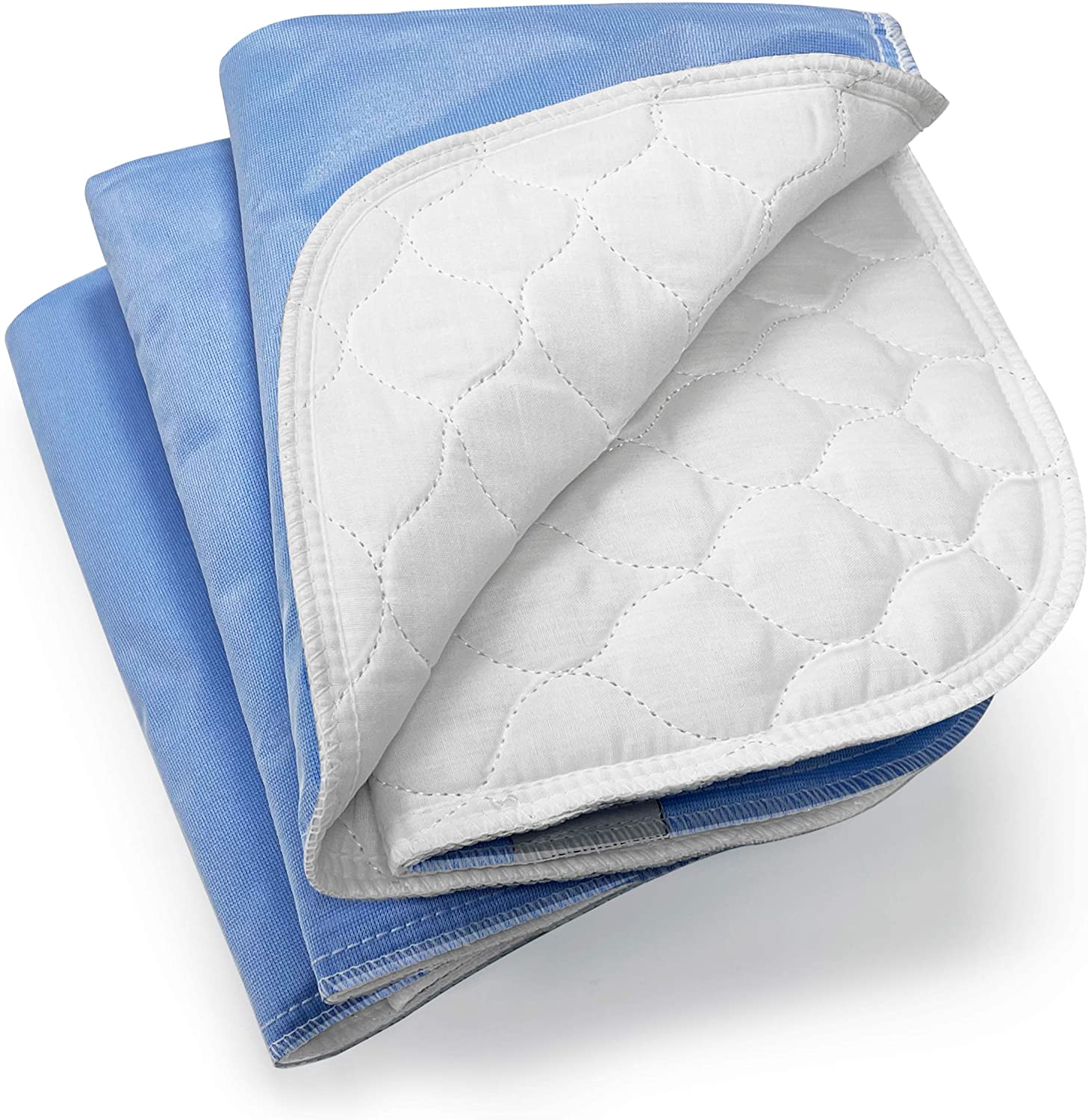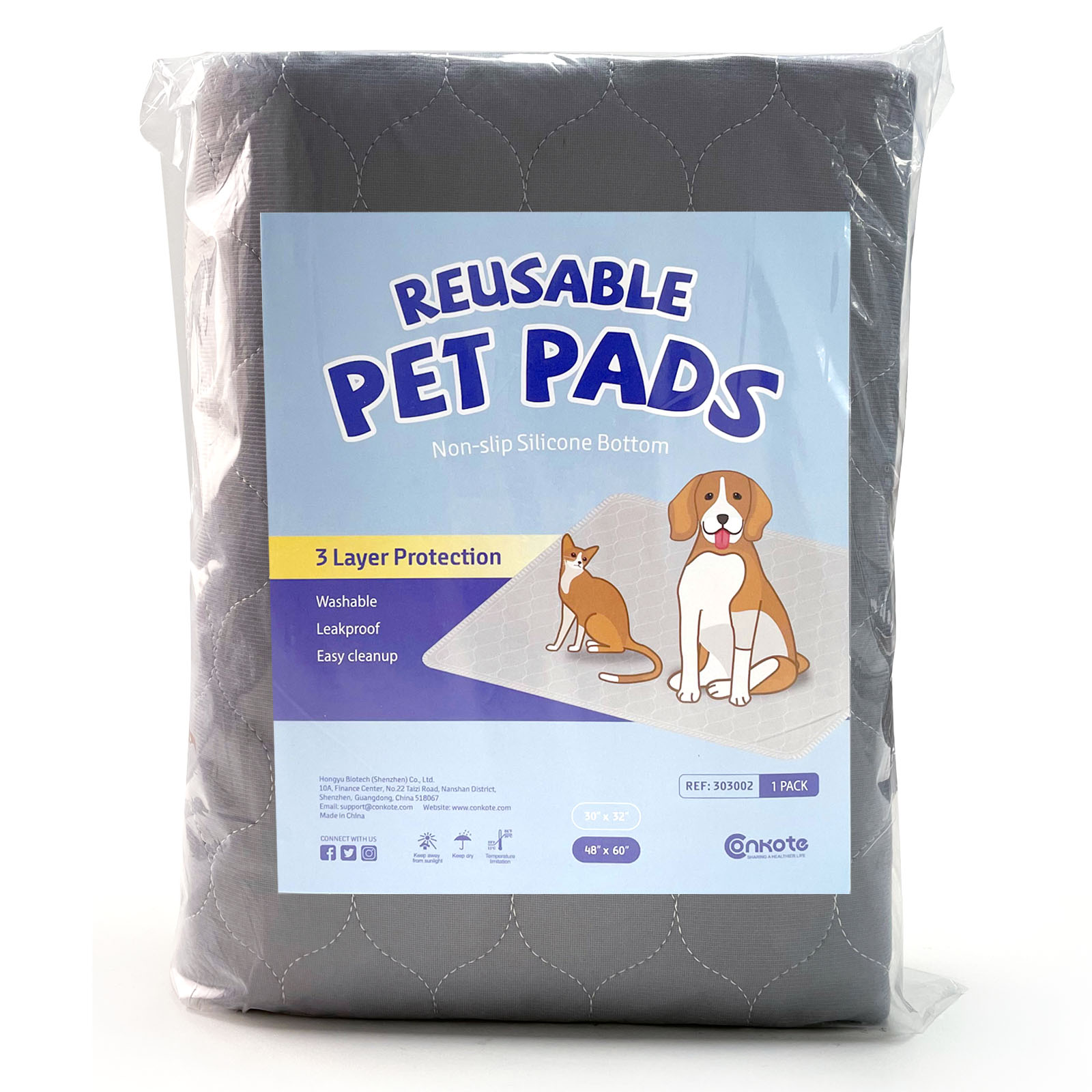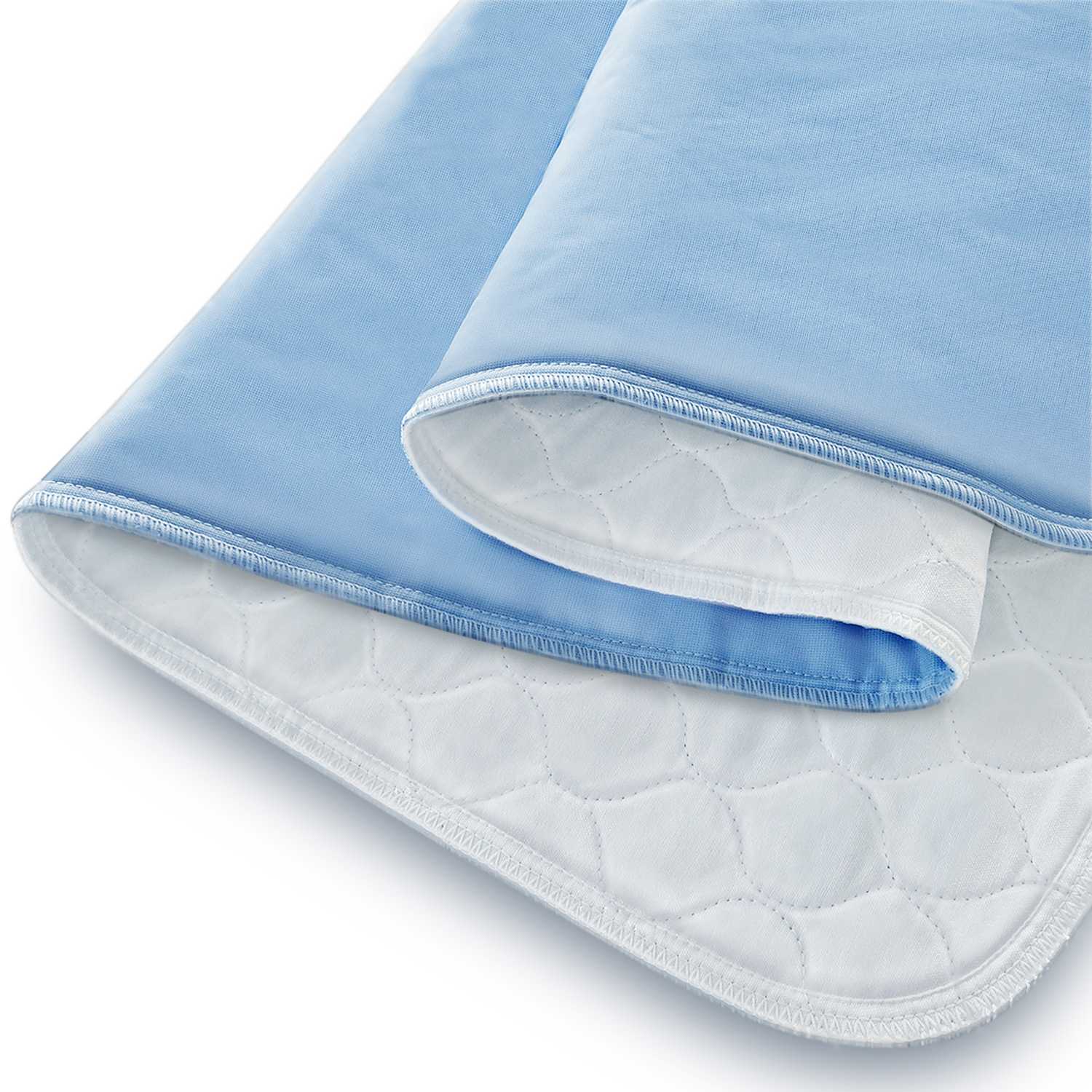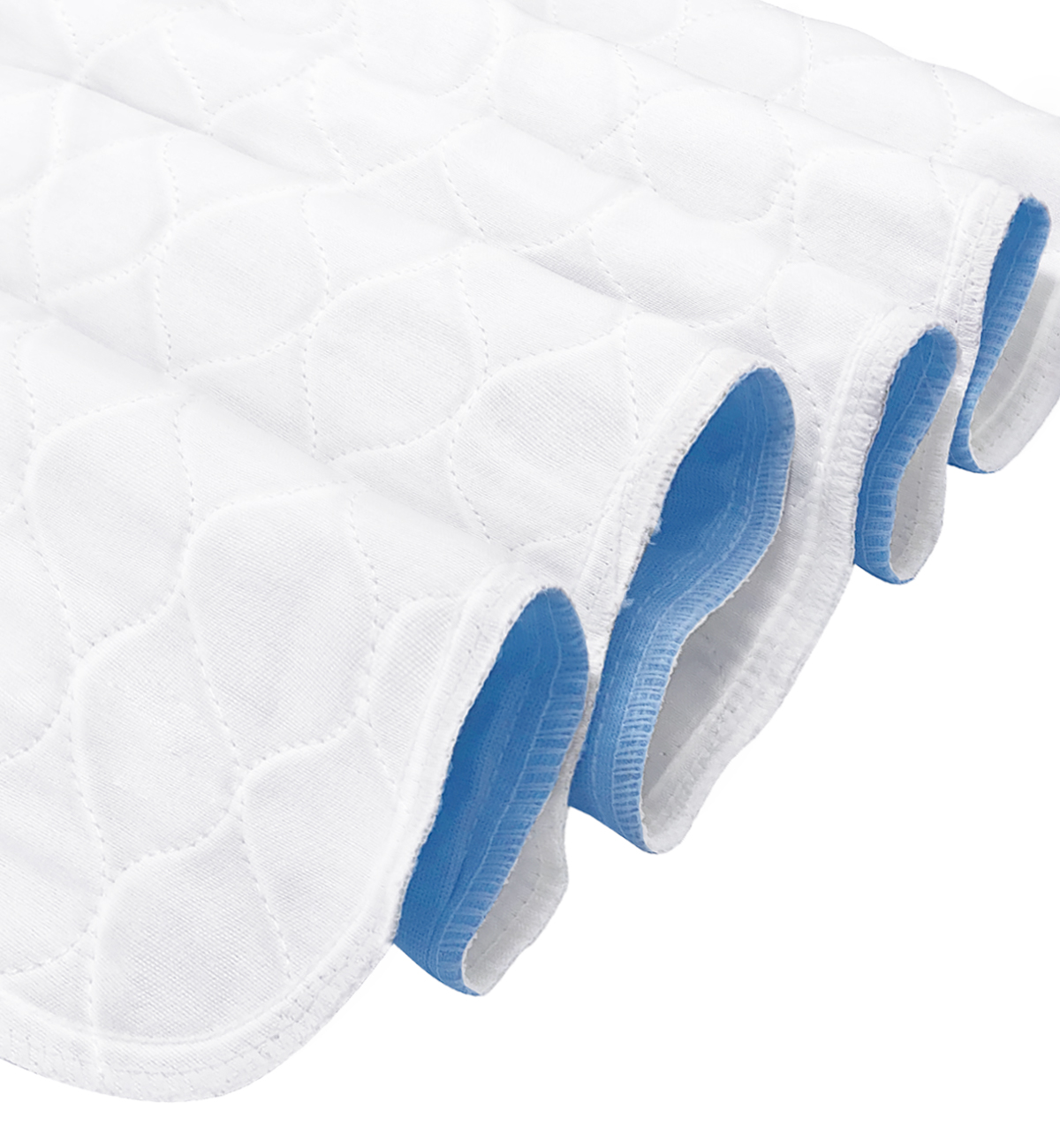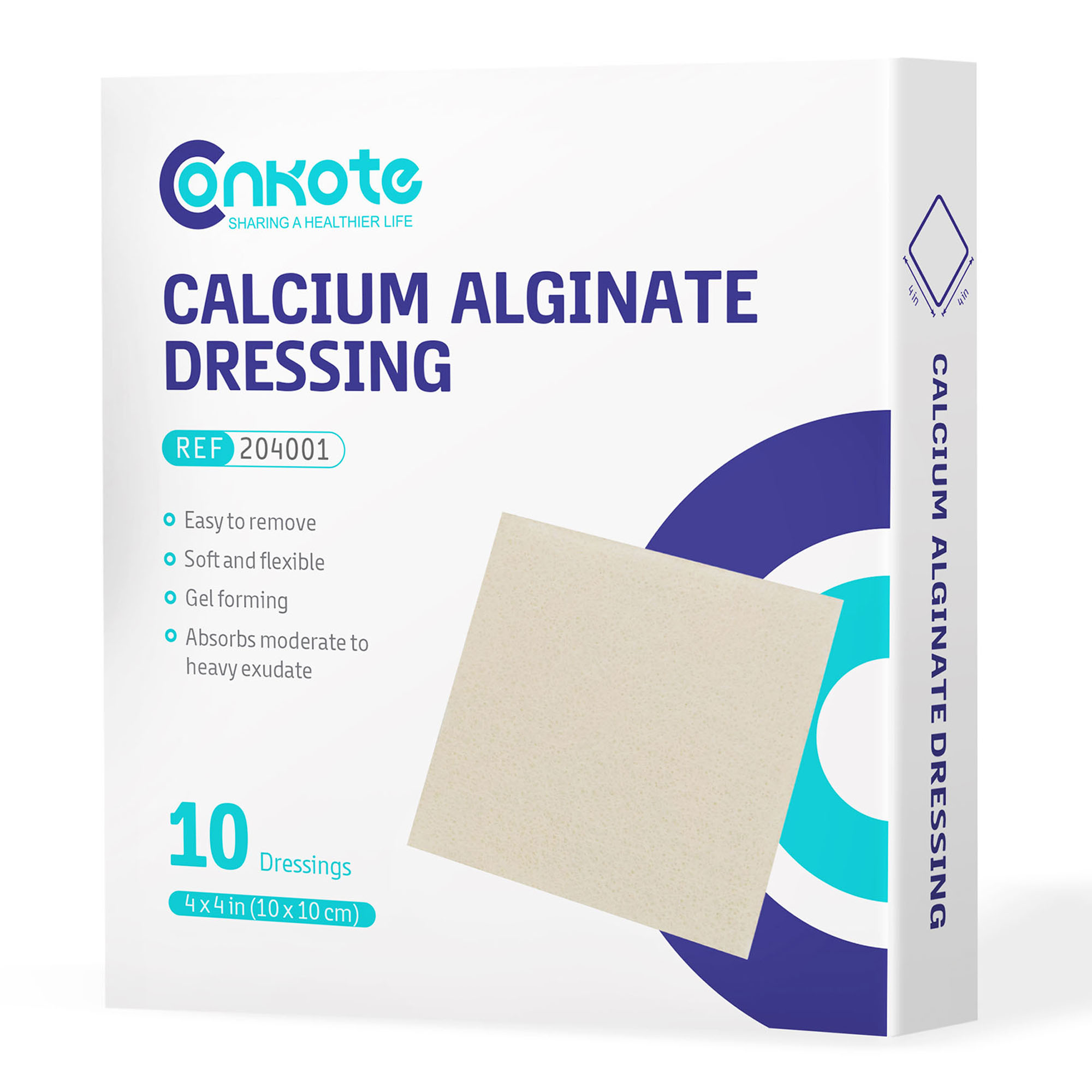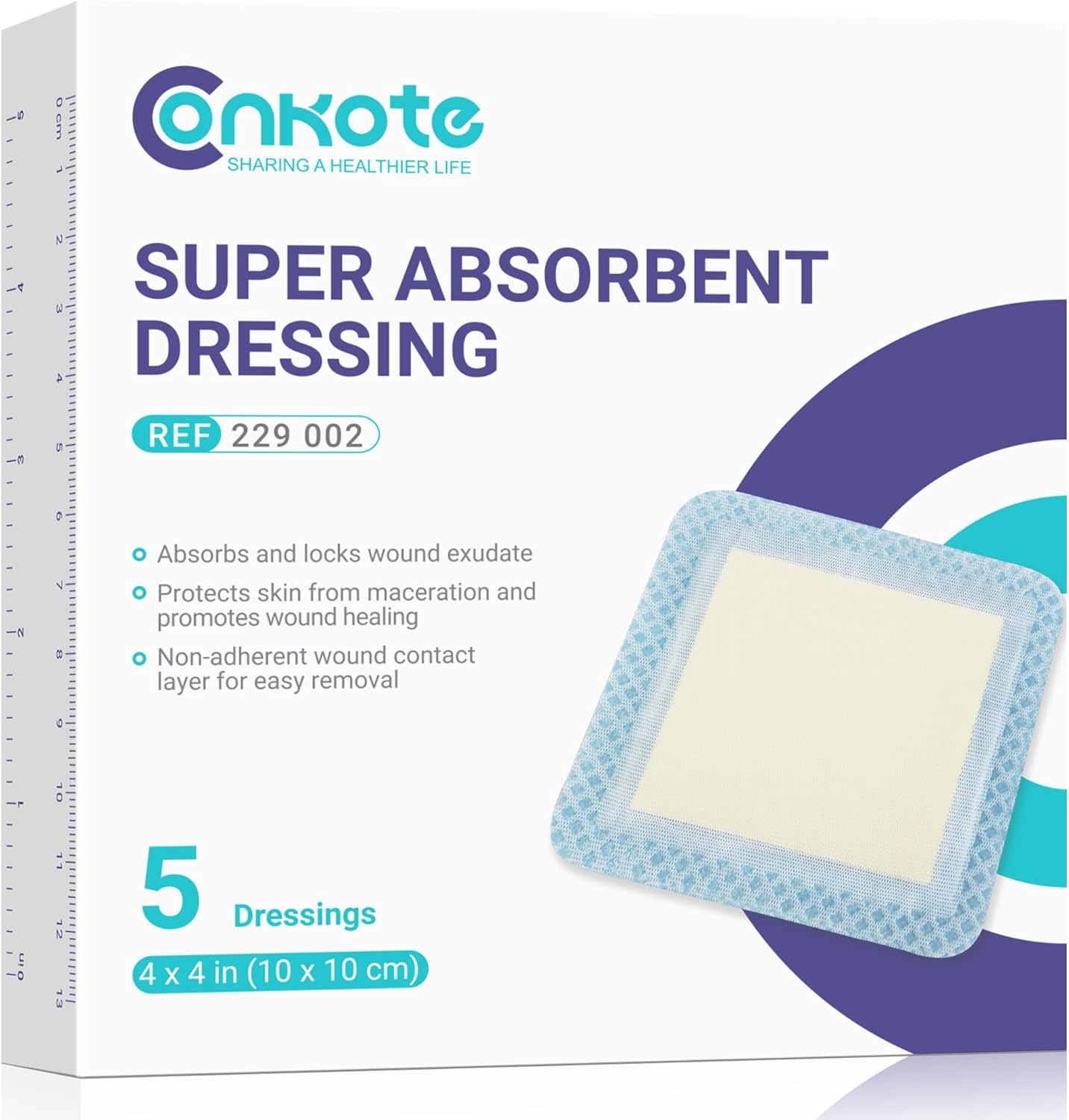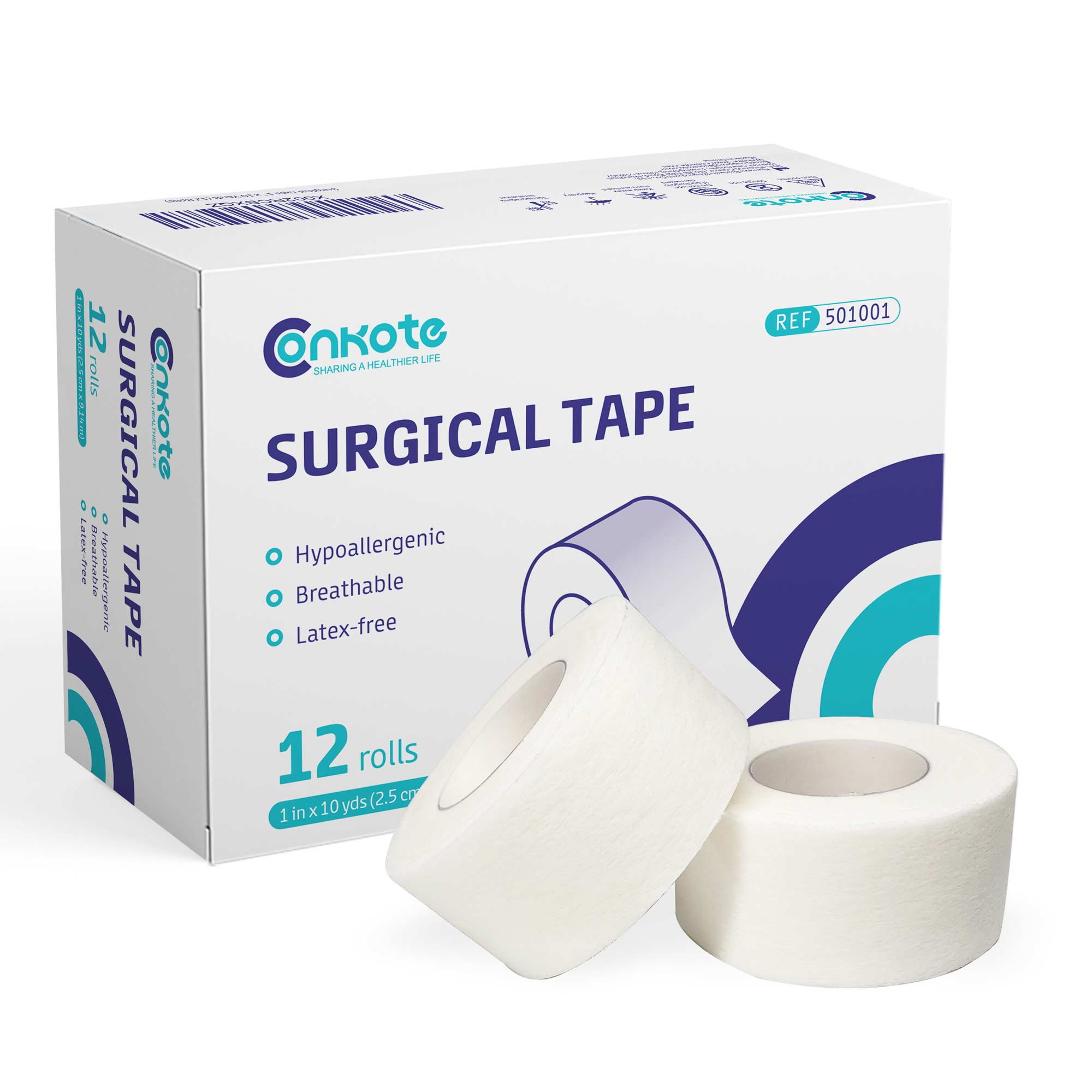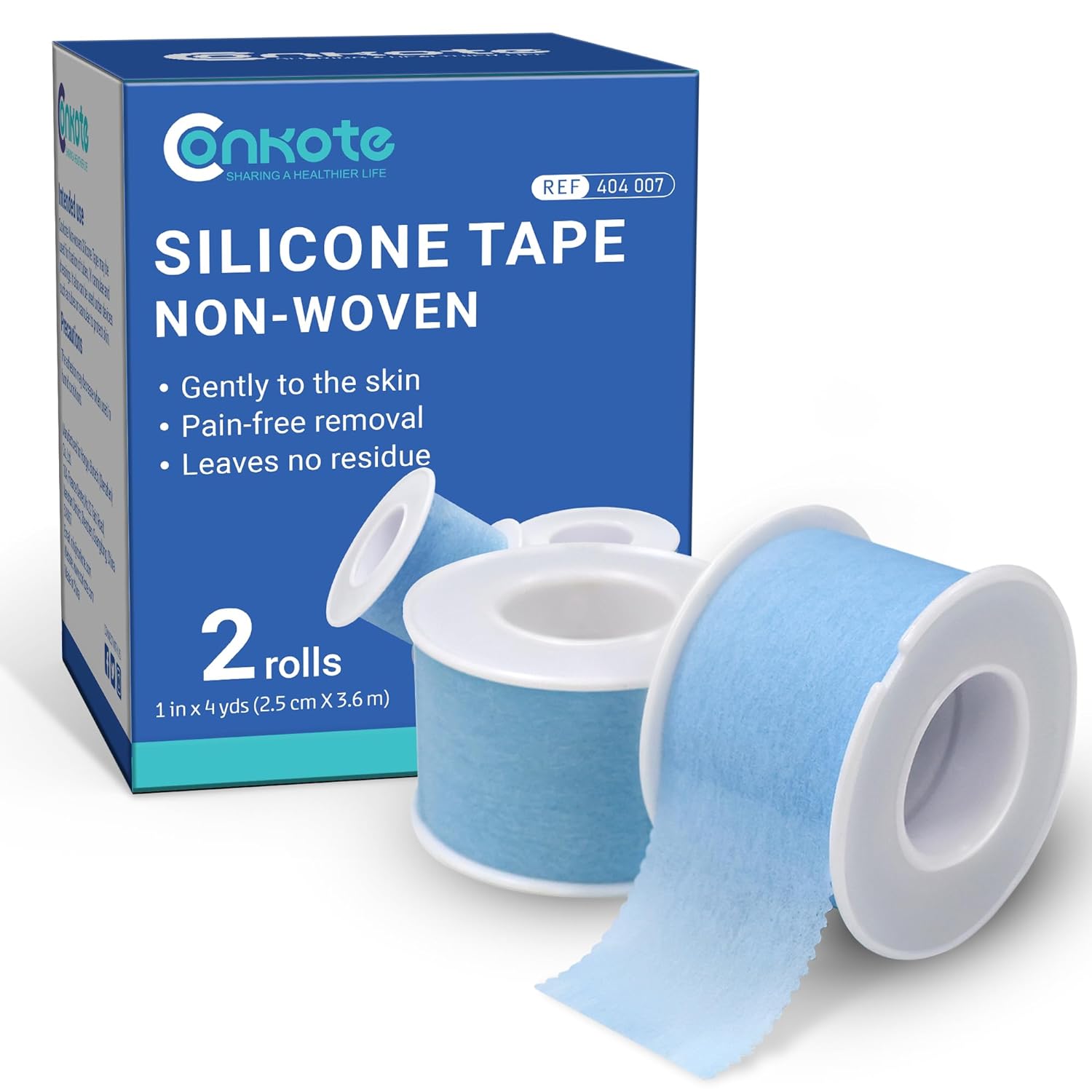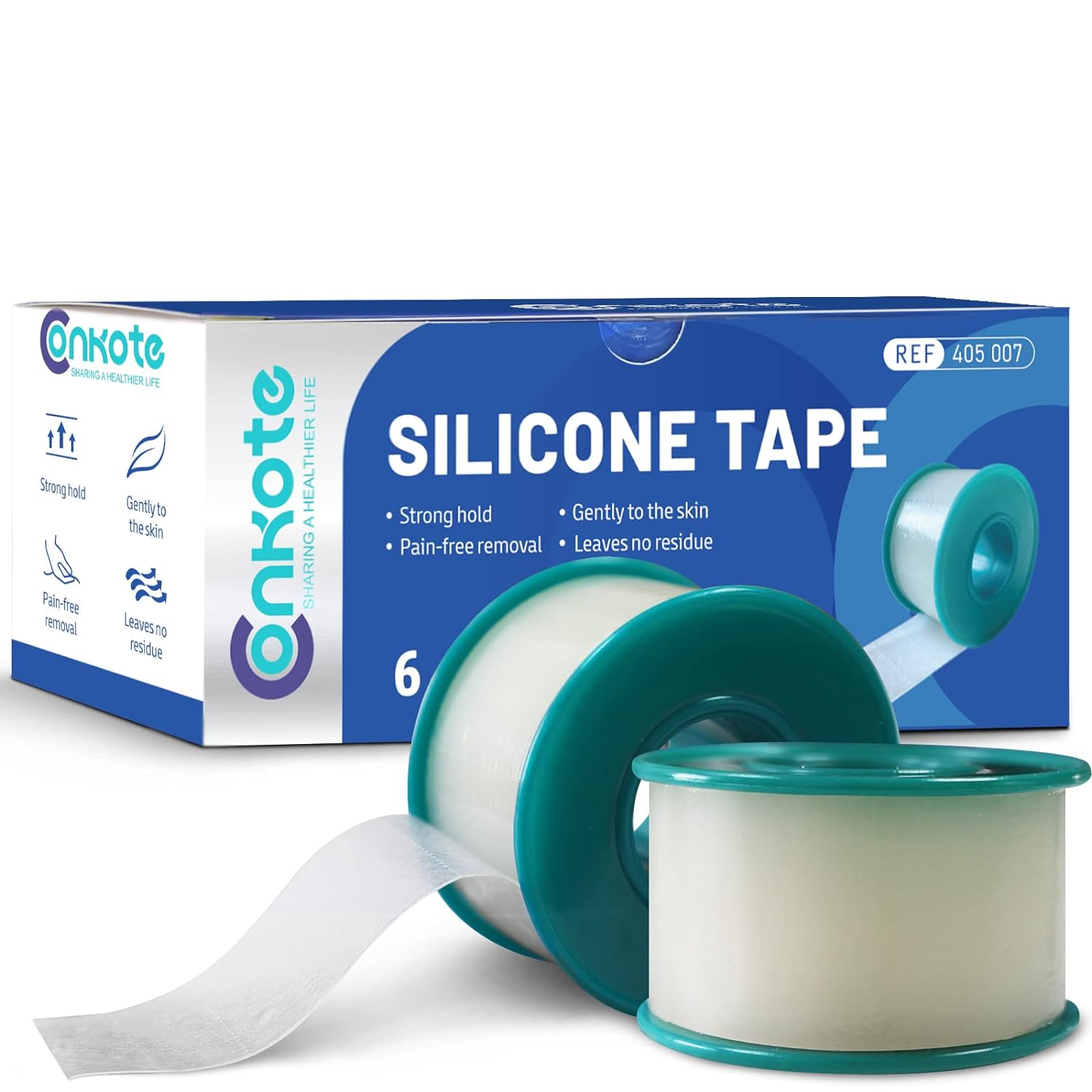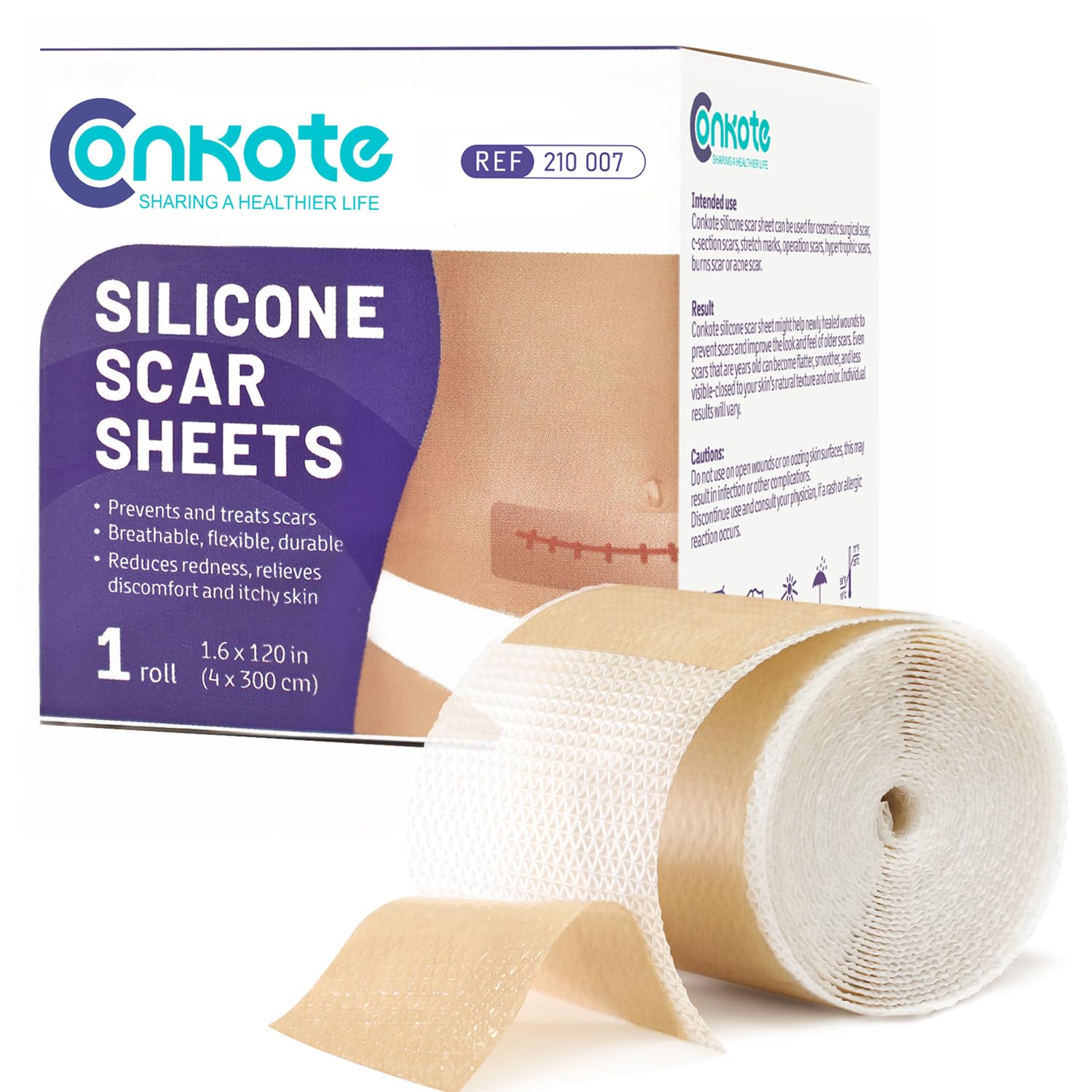What Are Allergies?
2024-10-10 2024-10-10 18:57What Are Allergies?
What Are Allergies?
Allergies happen when your immune system overreacts to something that isn’t harmful, treating it like a threat. Usually, your immune system protects you by fighting germs. However, when you have allergies, it overreacts and tries to “fight” common things like grass, animal hair, or certain foods. This causes you to sneeze, itch, and other typical allergic reactions.
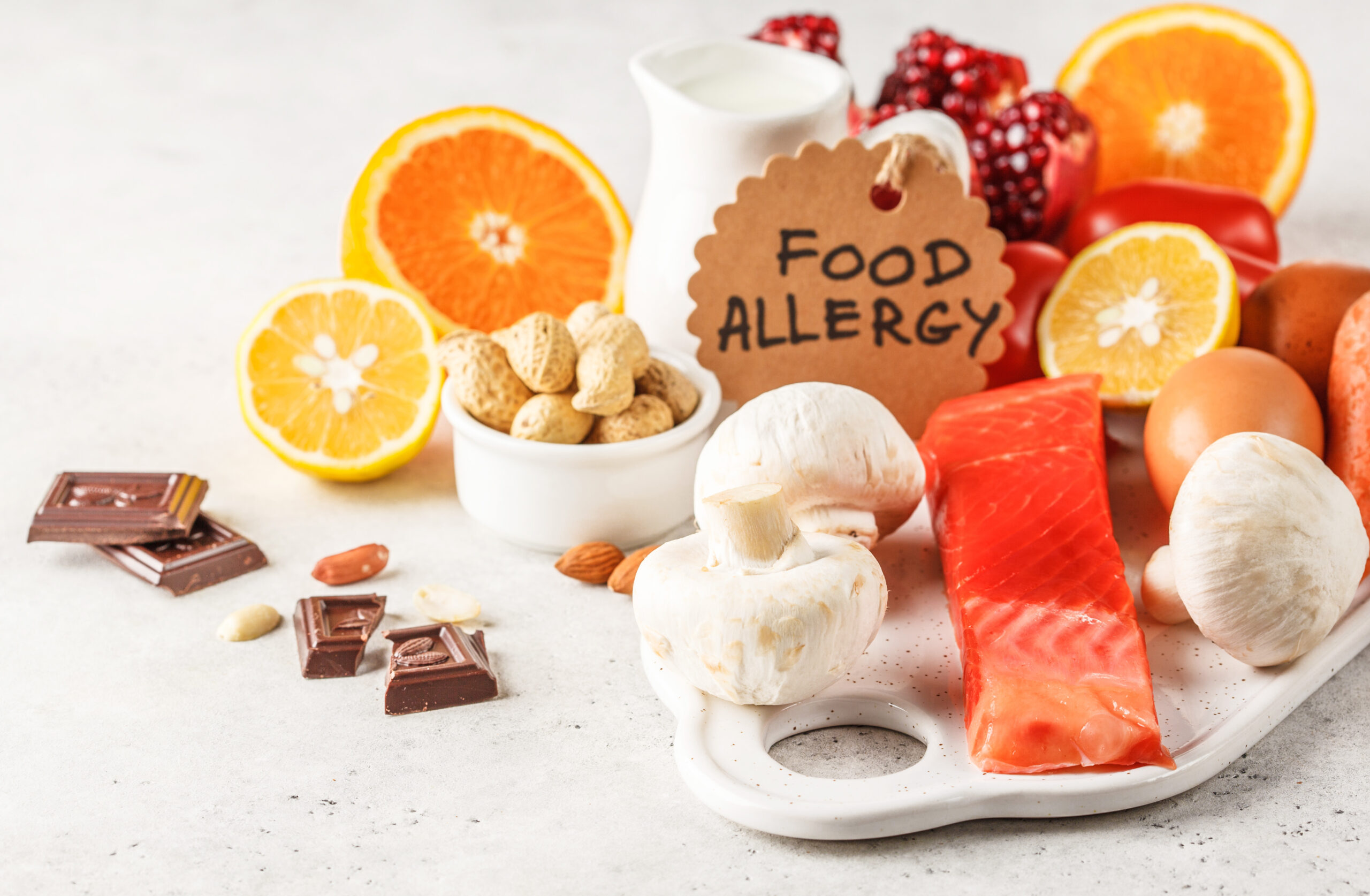
What Causes Allergies?
The things that cause allergies are called allergens. If your immune system reacts to an allergen and you start showing symptoms, you might be allergic to it.
Some of the most common allergens include:
Dust mites: Tiny insects that live in dust.
Animal hair or dander: Skin flakes from pets, like dogs and cats, or other animals.
Pollen: The fine dust from plants like grass, flowers, and trees.
Mold: Tiny living organisms that grow in damp places.
Foods: the top food allergens such as milk, eggs, wheat, soy, peanuts, tree nuts, fish, shellfish.
Latex: A type of rubber used to make gloves and some balloons)
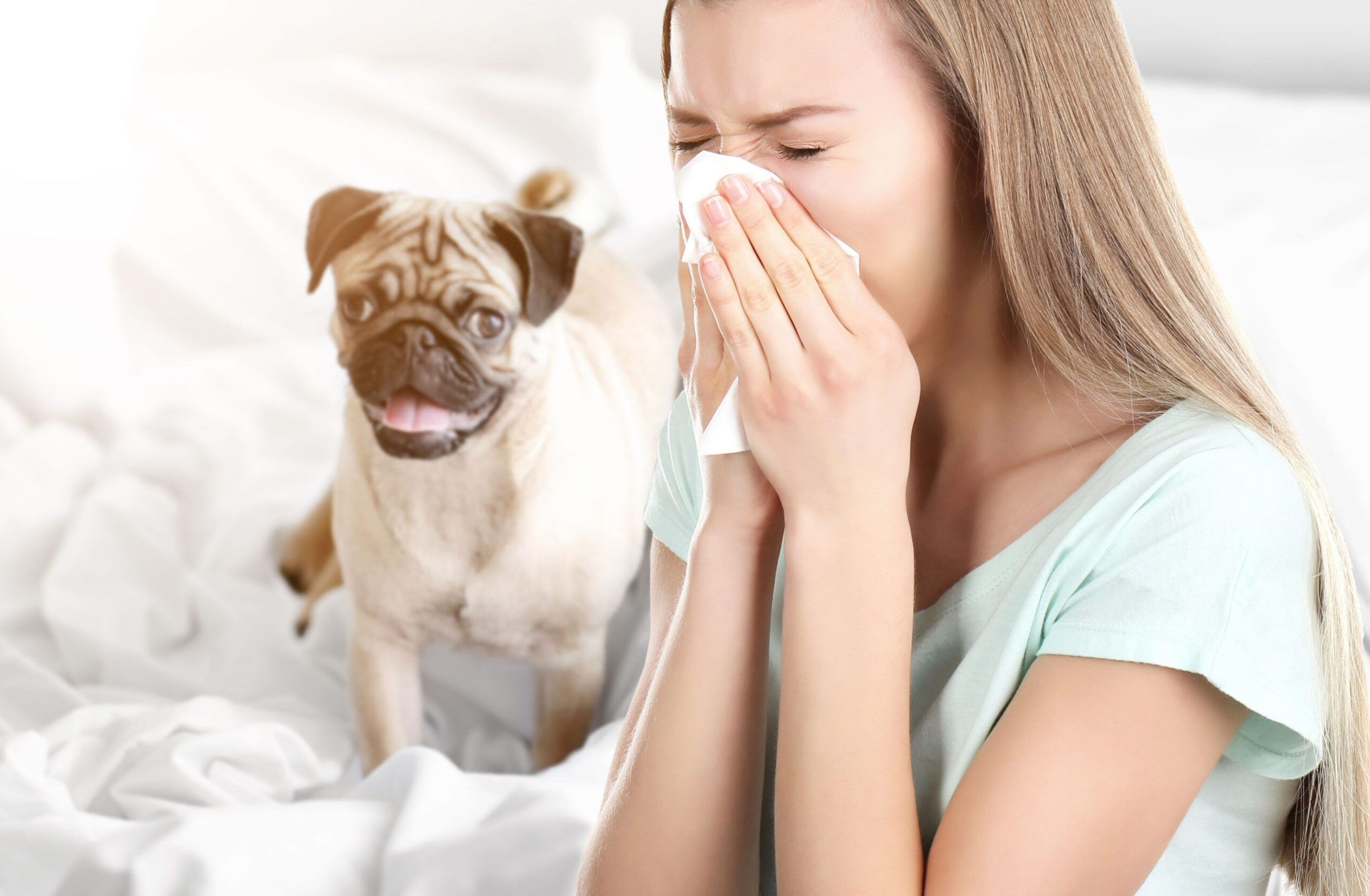
What Are the Signs and Symptoms of Allergies?
The symptoms depend on the type of allergy you have. Most allergies can cause:
Sneezing or runny nose
Throat irritation or sore throat
Shortness of breath
Itchy eyes or watery eyes
Hives: an itchy skin rash
Food allergies can also cause:
Abdominal bloating
Vomiting
Diarrhea
Some allergies are seasonal, meaning you will only experience symptoms during certain times of the year. For example, pollen allergies are usually worse in spring, summer, and early fall. Other allergies can cause symptoms anytime you’re exposed to the allergens.
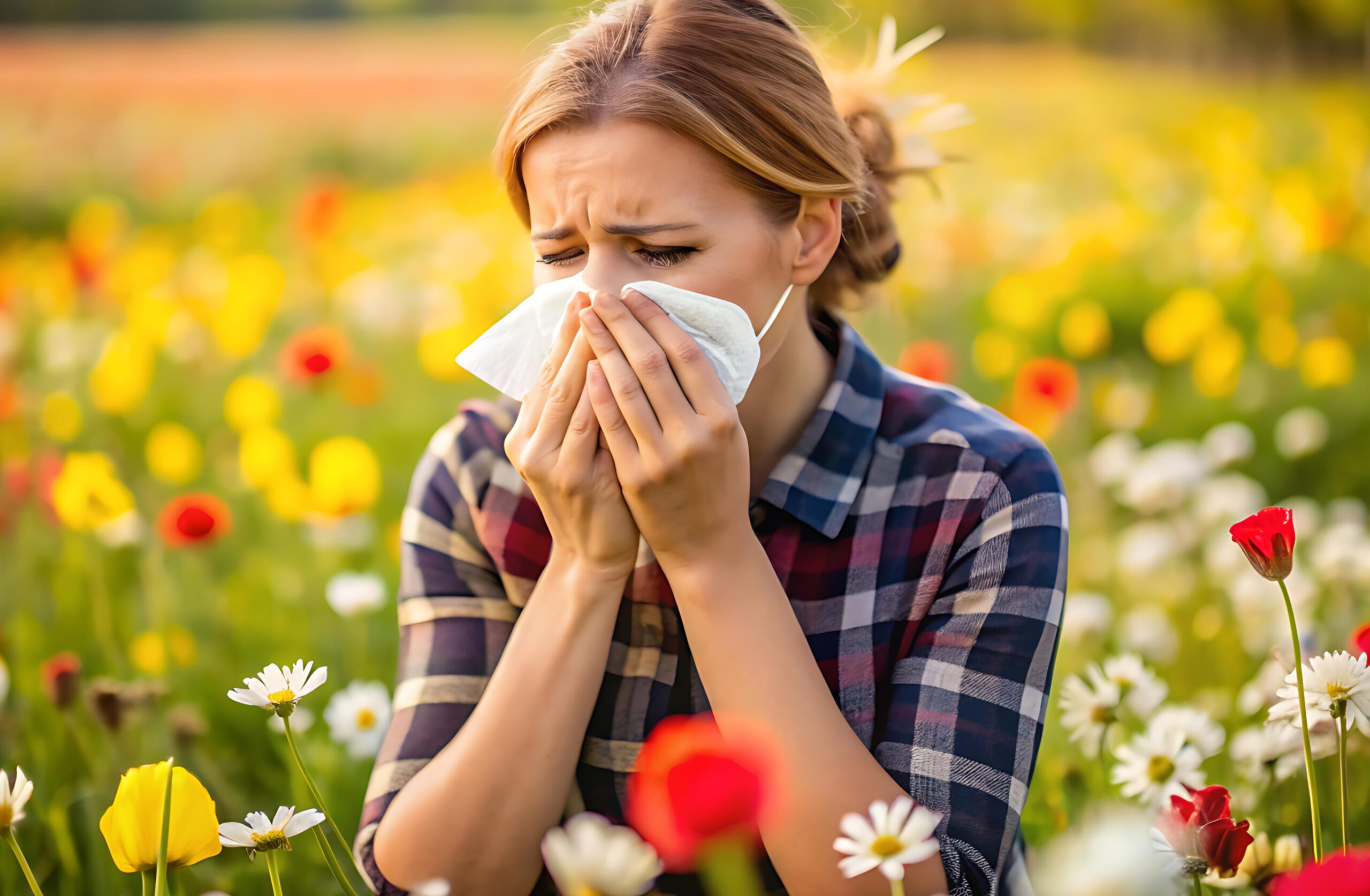
While most allergies are mild, some can be very severe and cause a type of reaction called Anaphylaxis. A person with anaphylaxis may have difficulty breathing, itching, throat tightness, or nausea. Any person affected by anaphylaxis needs to receive emergency help immediately.
Why Do Some Children Have Allergies?
Doctors don’t fully understand why some children have allergies and why some things are more likely to cause allergies than others. Allergies can run in families, so if one of your parents is allergic to something, you might be allergic too.
Allergies are more common in children than in adults, and many children outgrow them as they get older. However, adults can develop allergies too, even if they didn’t have them when they were younger.
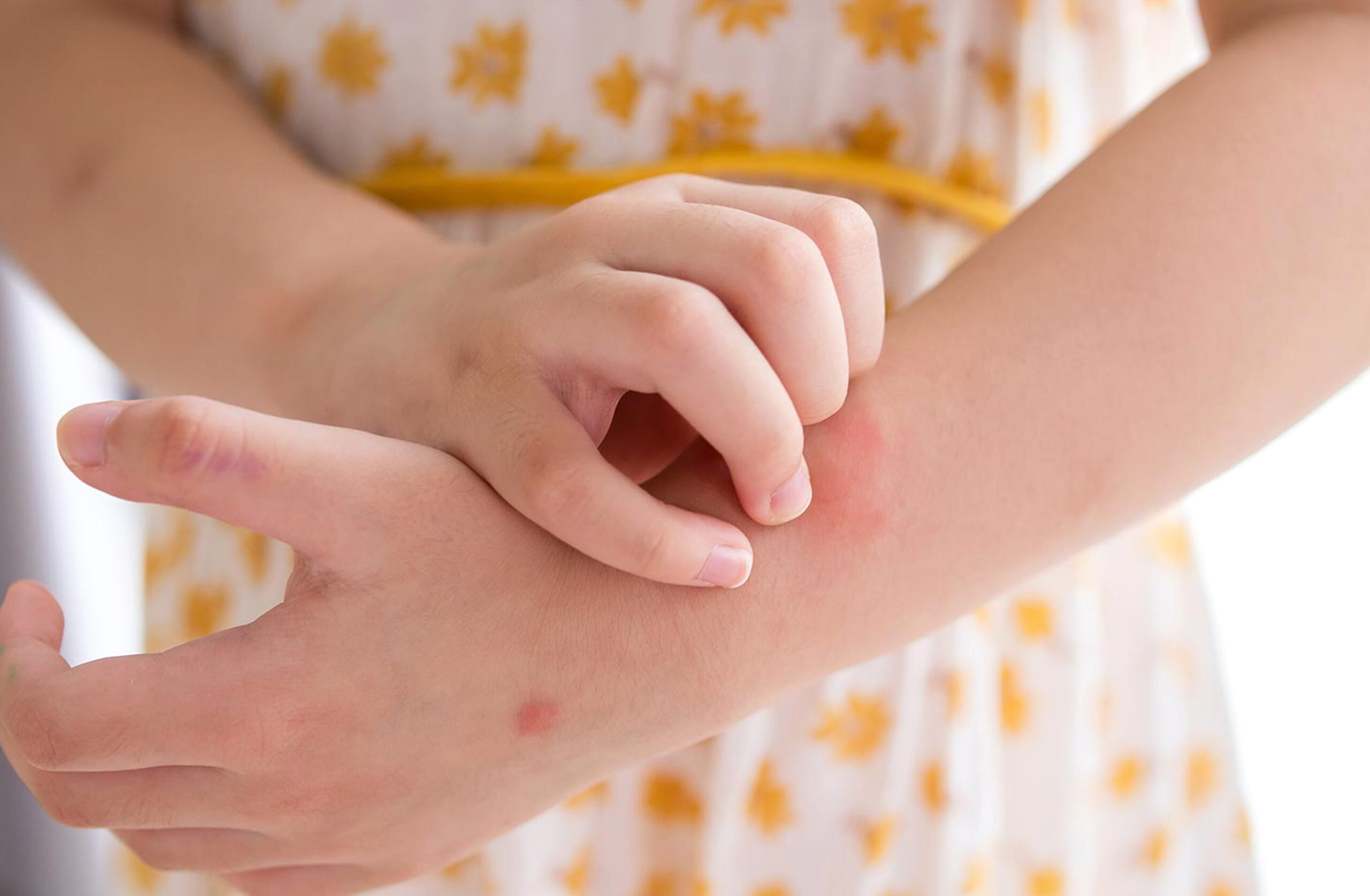
How Can I Tell If I'm Allergic to Something?
To find out if you have allergies, your doctor will ask about your health, the animals and plants in your home, and the foods you eat. This will help them figure out if you might be allergic to any of those things.
Your doctor may also refer you to an allergist, a doctor who specializes in helping allergic individuals. An allergist might do a skin test to see if a small amount of allergen causes any reaction on your skin. You’ll feel a quick prick when they scratch your skin, and if you’re allergic, the area will swell and itch. Some doctors may also test your blood for signs of allergies.
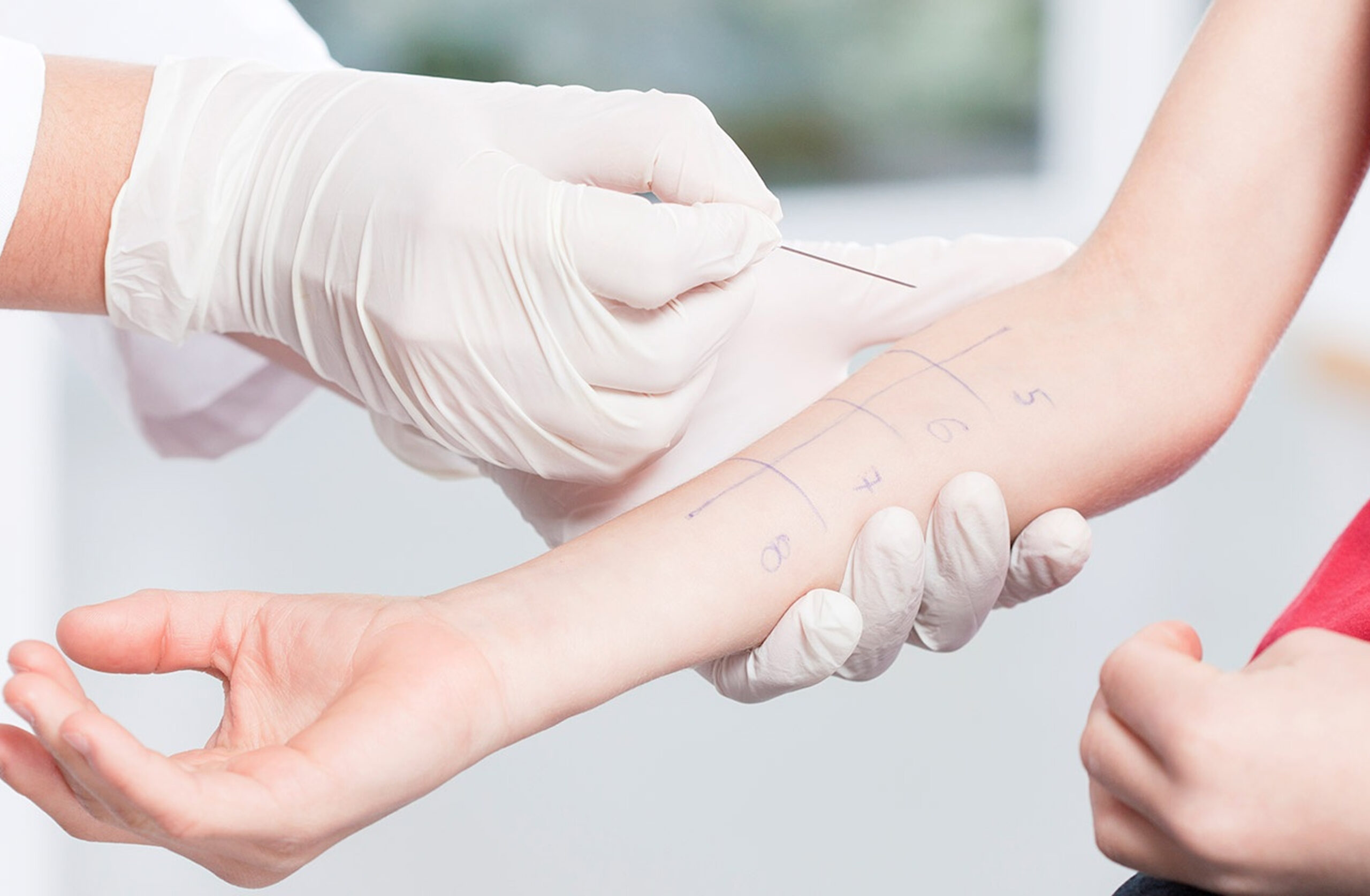
How Are Allergies Treated?
Your doctor will likely recommend ways to keep you away from your allergens and prescribe medication. Allergy medications can come as tablets, liquids, or nasal sprays. If your allergies aren’t too severe, or if you can steer clear of the allergen, you might not need medicine at all.
If your symptoms do not improve by avoiding your allergens and taking medication, an allergist might suggest getting allergy shots or injections. This treatment makes your immune system less sensitive to allergens.
However, vaccines and most medications do not help treat food allergies. That’s why people with food allergies often have to learn to avoid the food they are allergic to. A good way to do this is by reading food labels carefully.

You may not always be able to control your allergies, but you’ll do yourself a big favor by learning to avoid anything that triggers allergic reactions.
Search by Tags
advanced woundcare dressing Bedsores Blood Blood donation chronic decrease Chronic Wound comprehensive guide Conkosil Diabetes diabetes foot diabetes prevention Diabetes,Foot Problems,wound Diabetic foot dog training donation dor pee pads Easy Tips First aid health health life Home Care Ionic Silver Dressin Innovative Technology for Wound Care Lesions Measure a Wound medical tape Moist Wound Healing Negative pressure wound therapy papertape pet care Pressure Ulcers puppy pee pads Self-Adhesive Bandage Skin care tape Tobacco traditional wound care dressing World No Tobacco Day Wound care wound dressing wound healing wound infection wound materials woundmaterials wound type wound vac





